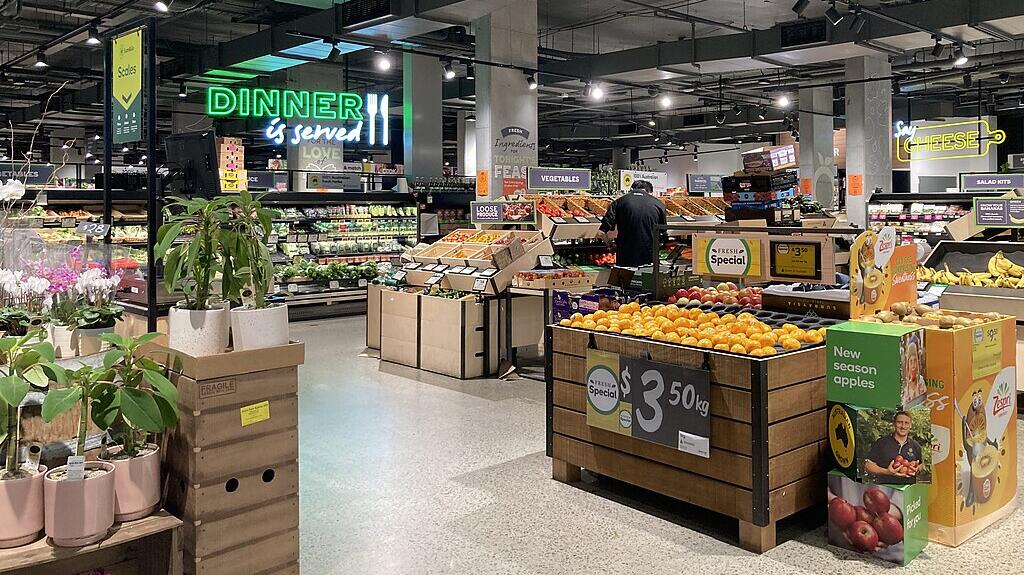A new interim report from the Australian Competition and Consumer Commission (ACCC) reveals that many Australians have lost trust in supermarkets, with a particular focus on Coles and Woolworths' market dominance and potential barriers to competition.
The investigation, initiated by Prime Minister Anthony Albanese in January, is part of a year-long inquiry into the supermarket sector.
The ACCC’s report follows feedback from over 21,000 customers, many of whom expressed frustration over rising prices and difficulties in finding value for money. Customers also expressed skepticism about “sale price” claims and raised concerns about being penalised for not joining loyalty programs.
This investigation comes alongside separate legal action against Coles and Woolworths regarding misleading discount claims on hundreds of products.
ACCC Deputy Chair Mick Keogh highlighted the issues identified by consumers and suppliers. “There are concerns about high prices, profit margins, and confusing pricing policies,” Keogh stated.
“Suppliers have also reported unfair contract terms, information imbalances, and risks being unfairly transferred to them by the retailers.”
The report, which is the halfway point of the inquiry, also found that households with lower incomes are spending more than 20% of their net income on groceries. This comes amidst a 20% rise in grocery prices over the last five years, attributed by supermarkets to inflation.
Keogh noted that while food price inflation in Australia remains lower than in most OECD countries, the ACCC will further investigate whether supermarket market power is influencing both consumer prices and supplier payments.
Barriers to Entry and Market Power in Focus
The ACCC also focused on barriers to entry in the supermarket sector, noting that it took Aldi 20 years to capture just 9% of the market. Keogh highlighted this slow growth as a contrast to the dominance of Coles and Woolworths, which together hold 67% of national supermarket sales.
A key issue under scrutiny is the number of undeveloped supermarket sites controlled by Coles and Woolworths, which could potentially hinder competition.
Woolworths currently holds interests in 110 sites, while Coles controls 42. In contrast, Aldi holds only 13 undeveloped sites.
Retail Prices and Competition
Keogh also noted that the pricing strategies of Coles and Woolworths appear largely aligned, with similar pricing and non-price offerings.
Meanwhile, a recent consumer report by Choice found that Aldi consistently offers cheaper prices on grocery staples compared to Coles and Woolworths, with a basket of goods being $18 cheaper on average at Aldi.
Supermarket Inquiry Intensifies
The ACCC’s investigation into supermarket market power has led to public hearings, scheduled for November, where senior supermarket executives will be questioned. Suppliers have also reported being forced into unfavorable terms, including being paid prices below the cost of production. These ongoing issues will be included in the ACCC’s final report, which is due in February 2025.
The Albanese government is also taking action, having released a draft mandatory Food and Grocery Code, which could impose significant penalties on supermarkets found to be breaching the new regulations.
